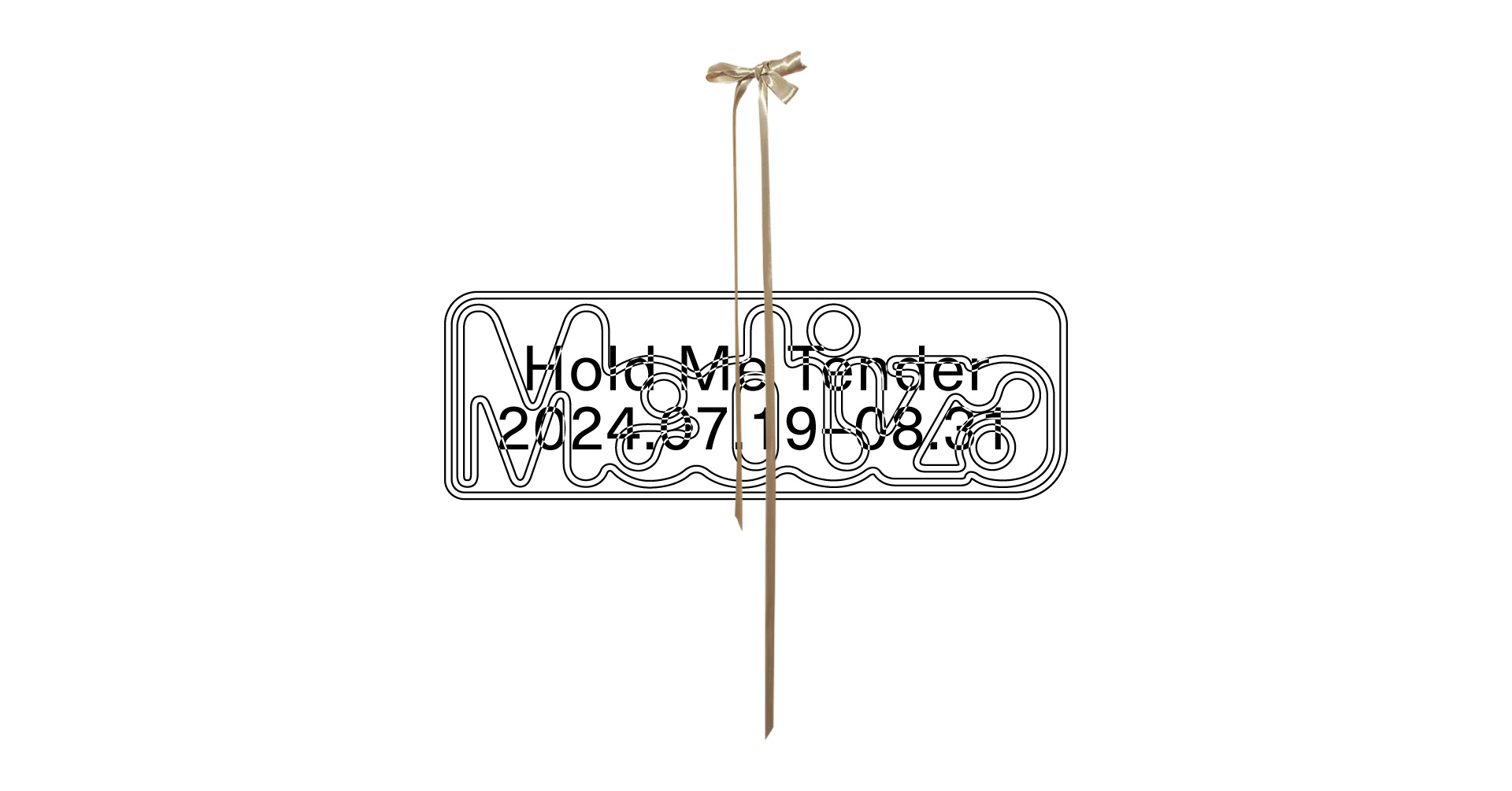The exhibition is curated by Siim Preiman.“In the Baltic countries, which have taken great strides towards a more equal and free society in the three decades since regaining independence, there are complex issues on the agenda that cause conflicting opinions. Migration, security and livelihoods, the destruction of the natural environment and changing traditions cause fear and resentment. Those residents who do not show a desire for integration are distancing themselves from each other, one example of which being the segregation that is increasing at a record speed in the Baltic capitals, compared to the European average,” says Siim Preiman, curator of the exhibition. “Why do we need a pandemic or a war in order for us to recognise that our neighbour is also a human being? How can we find each other sooner? How can we make such care a part of our daily life?”
Preiman adds that he burned himself out dreaming of such a caring utopia, but gradually gathered himself again and became familiar with works of art and artists who, based on their personal experience, shed light on experiences and questions that don’t always get the attention they deserve, or that are even considered taboo. The exhibition doesn’t yet provide concrete answers to the questions raised, but these artworks floating in the common value space indicate that the knowledge necessary to understand each other and move forward is within reach. “For some time now, I have been consistently working on exhibitions that, in one way or another, deal with the pain points and bottlenecks of modern society and try to unravel the tangle of eternal global crises a little bit, so that some bright ray of hope can briefly shine through,” he comments.
Audrius Pocius, the director and curator of “Medūza“, echoes these thoughts, noting that this exhibition presents works by Baltic artists who have not been seen in Lithuania before, and whose expression is somewhat different from the usual landscape of creativity seen in Vilnius. “In this dynamic and multi-media-based exhibition, these works are united by the curator’s sensitive gaze, which seeks to reveal the issues that have been particularly acute in our region in recent years,” says Pocius, – “It is about the tensions of social identity and exclusion, the contradictions between the aspiration for a better life and the price to be paid for it at the expense of the well-being of our environment, and the irreconcilable difference between the global ecological and political processes and the subjective experience of man.”
Hold Me Tender is part of Tallinn Art Hall’s ongoing exhibition series, which pays special attention both to the possibility of being good and to ecological responsibility in conditions of certain destruction.
The show will be open until the 31st of August and is supported by Frame Contemporary Art Finland, Republic of Estonia Ministry of Culture and The Lithuanian Council for Culture.




